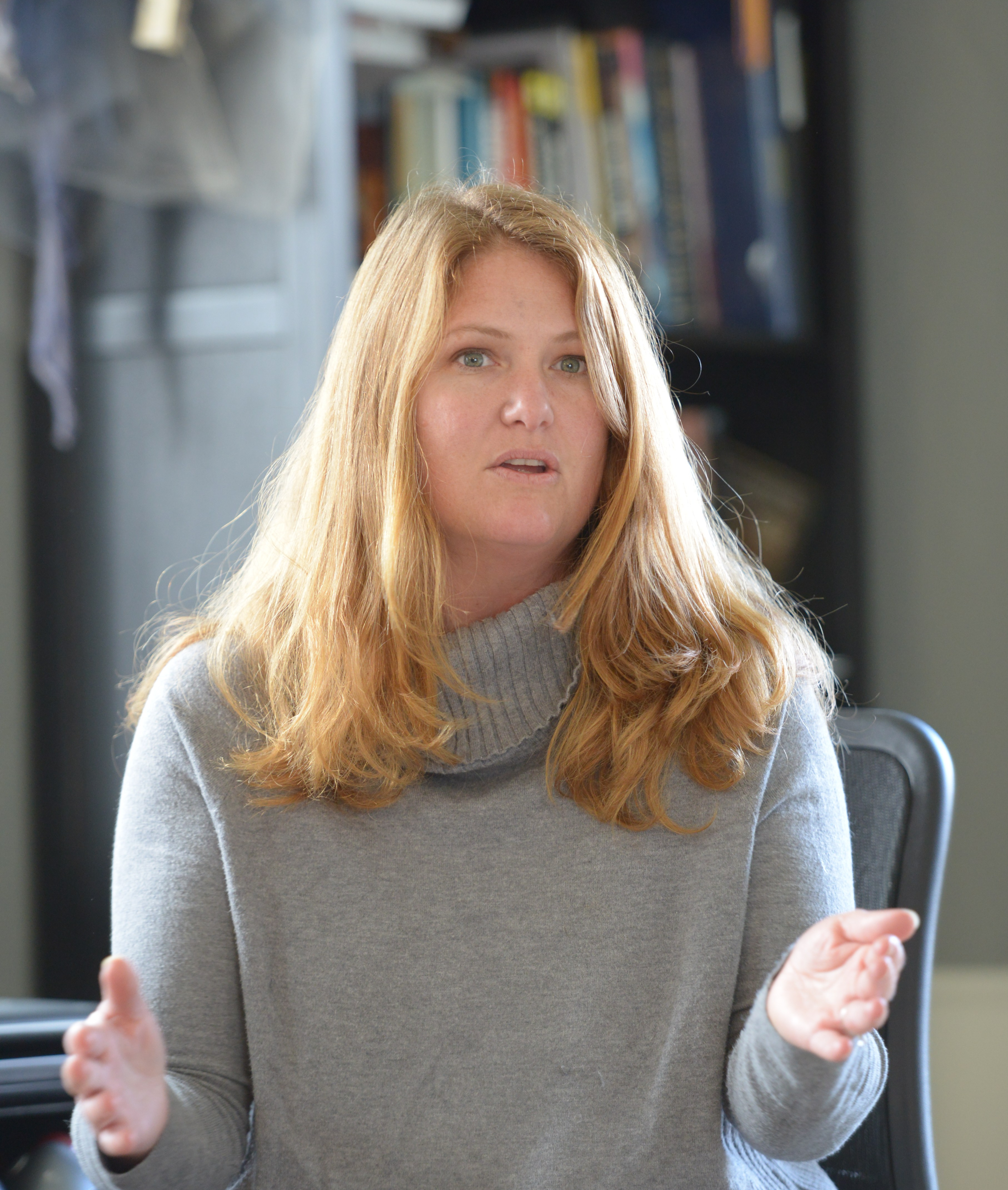Photos by Scott Buschman
In July 2016, the state Attorney General’s Office announced a whopping $169 million settlement with K12 Inc., a for-profit online charter school operator charged with false advertising and violating unfair competition laws.
K12, which manages 14 affiliated nonprofit schools known as California Virtual Academies (CAVA), was accused of using deceptive advertising to mislead parents about students’ academic progress, parent satisfaction, class size, and more. There were also allegations by a whistleblower that K12 counted logging on for only one minute a day as a full day of attendance, wasting taxpayer dollars and harming students by depriving them of quality instruction.
Concerned CAVA teachers had been calling for improvements at their school for years, and had begun organizing. In early 2014, a supermajority of CAVA educators asked the Public Employment Relations Board to be recognized as a CTA bargaining unit to have a stronger voice in student learning and improving working conditions. Because of CAVA opposition, the decision in favor of the educators took 17 months.
“Now, these teachers can begin to address the problems that are hurting their students, such as insufficient time spent on instruction, high teacher turnover, and too much public money going out of state,” said CTA President Eric Heins of the PERB decision in November 2015.
CAVA schools enroll approximately 13,000 K12 students. Fewer than half of students who enroll in the online high school earn diplomas, and almost none qualify to attend California’s public universities, according to the San Jose Mercury News. The company has received more than $130 million in state funding over the past 12 years. In fiscal year 2016, K12 reported revenues of $872.7 million.

Brianna Carroll
CAVA teachers — who are negotiating their first union contract — want to know exactly how the money is being spent. CAVA recently laid off 18 teachers midyear with only four days’ notice, which not only upset students, but increased class sizes and teacher caseloads, says teacher Brianna Carroll of Livermore, who is helping to negotiate the contract. She says that nearly half of the school budget goes to the charter management company and curriculum, which resulted in CAVA’s huge debt to K12.
“CAVA doesn’t seem to be focused on the success of students; it seems focused on achieving enrollment and increasing attendance,” she says. “But a lot of teachers believe that CAVA could offer a great education for students and become something that teachers could be proud of.”
Legislation to increase accountability and transparency will help, says Carroll.
“We have been asking CAVA for their financial statements, attendance figures, and how much administration is getting paid, but they haven’t delivered. They keep a very closed system. If they don’t want to be transparent, they may be hiding something, in my opinion.”
Navigation
Follow the links below to see the other parts of this feature story.
Let’s Be Clear About Charter Schools
Helix Charter: Transparency Keeps Things Real
K12: Not Making the Grade
Alliance: Organizing to Have a Say
Rocketship: Failing Their Students, Educators
Livermore: A Cautionary Tale
Celerity: The Opposite of Austerity
Follow the Money
Advocating for Transparency, Accountability and Equal Access
The Discussion 0 comments Post a Comment